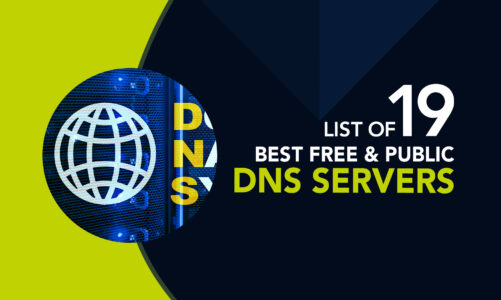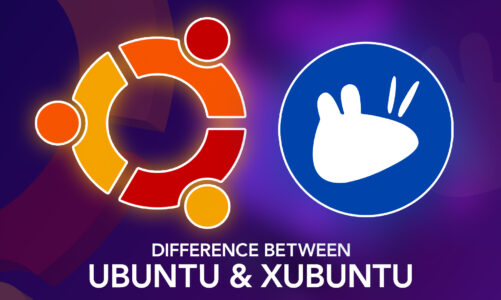In this digital age, having a home server has become increasingly popular, as it offers a centralized storage and management solution for various devices and services. It can also host multiple services, such as file sharing, media streaming, backup, and remote access. But which operating system should you choose?
Linux is an open-source operating system that has achieved significant popularity, particularly in server environments. Let’s dive into it and see the reasons behind it that make Linux the best choice for a home server.
What makes Linux best for a home server?
Linux is considered the best choice for a home server for several reasons, including its cost-effectiveness, reliability, security, and availability of various distributions tailored to specific needs. Continue to read below for more!
Open-source Nature: Being an open-source platform, Linux allows for free usage, modification, and distribution. This allows users to customize their server to meet their specific needs and contributes to the vast community of developers working to improve the system continuously.
Cost-effective: Linux is not only free to use but also requires fewer resources than other operating systems, making it cost-effective. You can repurpose an older computer for your home server, saving money on hardware expenses.
Stability and Reliability: Known for its robustness and dependability, Linux makes an excellent choice for a home server. The system can run for extended periods without the need for frequent reboots or maintenance, ensuring smooth operation and minimal downtime.
Security and Privacy: Linux is considered one of the most secure operating systems, thanks to its robust architecture, regular updates, and active community. The open-source nature also allows for thorough code review, which reduces the likelihood of security vulnerabilities.
Best Linux distributions for a home server
There are numerous Linux distributions available, each tailored to cater to specific user needs and preferences. The choice of the best distribution for a home server necessitates considering aspects such as user-friendliness, stability, security, and availability of software packages. Some popular Linux distributions for home servers include the following:
1: Ubuntu Server
Ubuntu Server is a widely-used, user-friendly Linux distribution suitable for both novices and seasoned users. It is a Debian-based system, maintained by Canonical, a company that offers commercial services and support. Ubuntu Server offers a straightforward installation process, making it easy for users to set up their home server. Additionally, it comes with numerous pre-installed services and software packages, simplifying the process of configuring the server for various tasks such as file sharing, media streaming, and remote access.
The Ubuntu Server community is extensive, which means users can find comprehensive documentation, forums, and tutorials to help them with any issues they may encounter.
2: CentOS
CentOS is an enterprise-grade Linux distribution derived from the sources of Red Hat Enterprise Linux (RHEL). The design of this system ensures a stable, secure, and high-performance platform to handle a variety of server applications. CentOS is a popular choice for users who prioritize reliability and long-term support, as it benefits from the stability of RHEL and offers updates and patches for an extended period.
One benefit of utilizing CentOS for a home server is its broad compatibility with numerous hardware and software, making it a flexible choice.
3: Debian
Debian, being among the oldest and most reputable Linux distributions, is recognized for its robust stability, extensive software package library, and staunch dedication to the principles of free software. It is the foundation for many other distributions, including Ubuntu, and has a vast community of developers and users contributing to its growth and improvement. Debian’s stability and versatility make it a popular choice for various server applications, including home servers.
Setting up a Debian home server can be slightly more challenging for beginners, as it requires some familiarity with the command line and Linux system administration. However, the Debian community provides extensive documentation and support to assist users in overcoming any hurdles.
4: Fedora Server
Fedora Server is a cutting-edge Linux distribution backed by Red Hat, focusing on incorporating the latest technologies and software packages. It offers regular updates, making sure that users always have the latest features and enhancements at their disposal. Fedora Server is an excellent choice for users who want to stay up-to-date with the latest developments in the Linux ecosystem and explore innovative server technologies.
While Fedora Server may not be the most beginner-friendly option, it boasts a robust and active community that provides support and resources to help users set up and maintain their home server.
Conclusion
Linux stands out as an exceptional choice for a home server thanks to its unparalleled combination of flexibility, affordability, and performance. Being open-source, it nurtures an active community that incessantly improves and refines the system, ensuring that users have access to the most recent features and security patches. Moreover, the wide range of available distributions empowers users to select the ideal option based on their technical expertise and specific needs.



